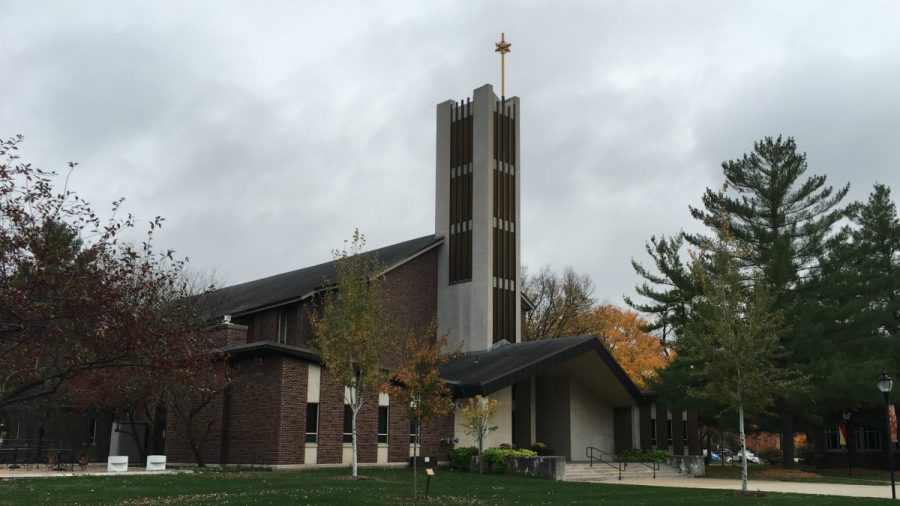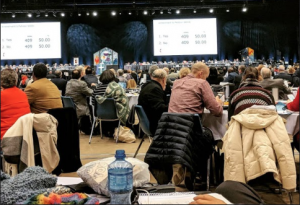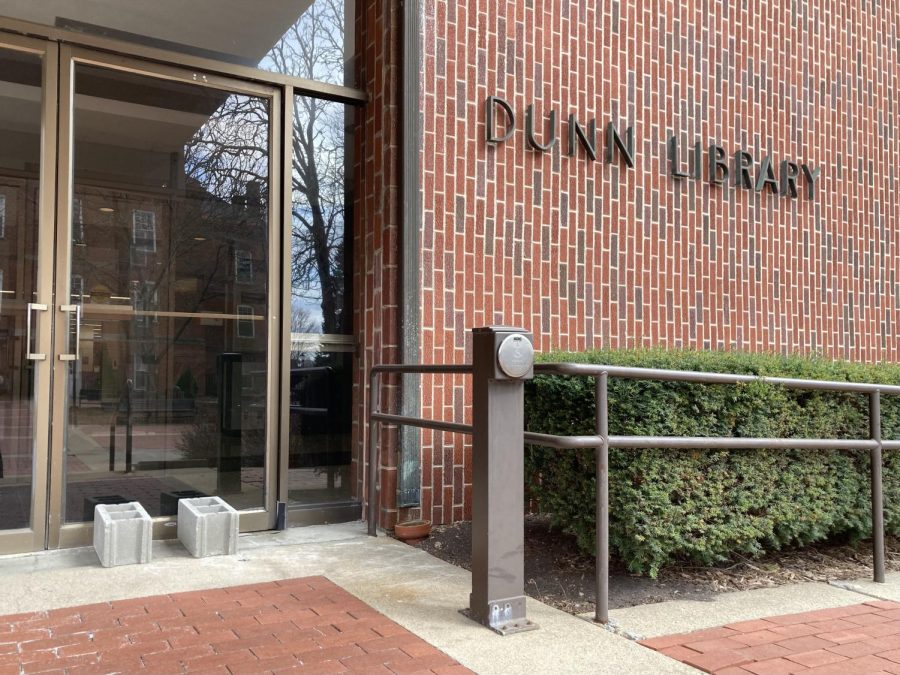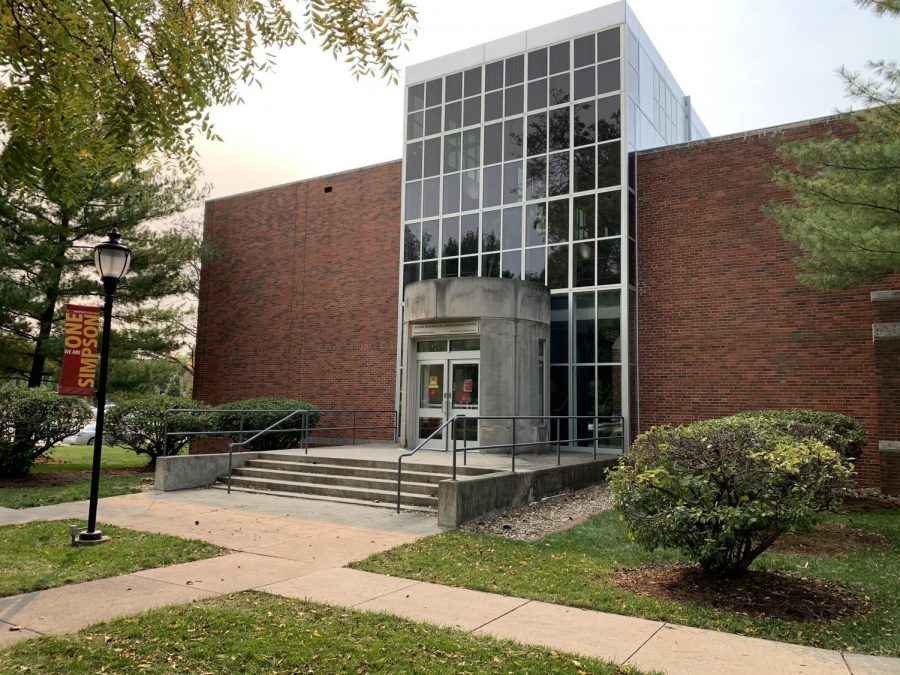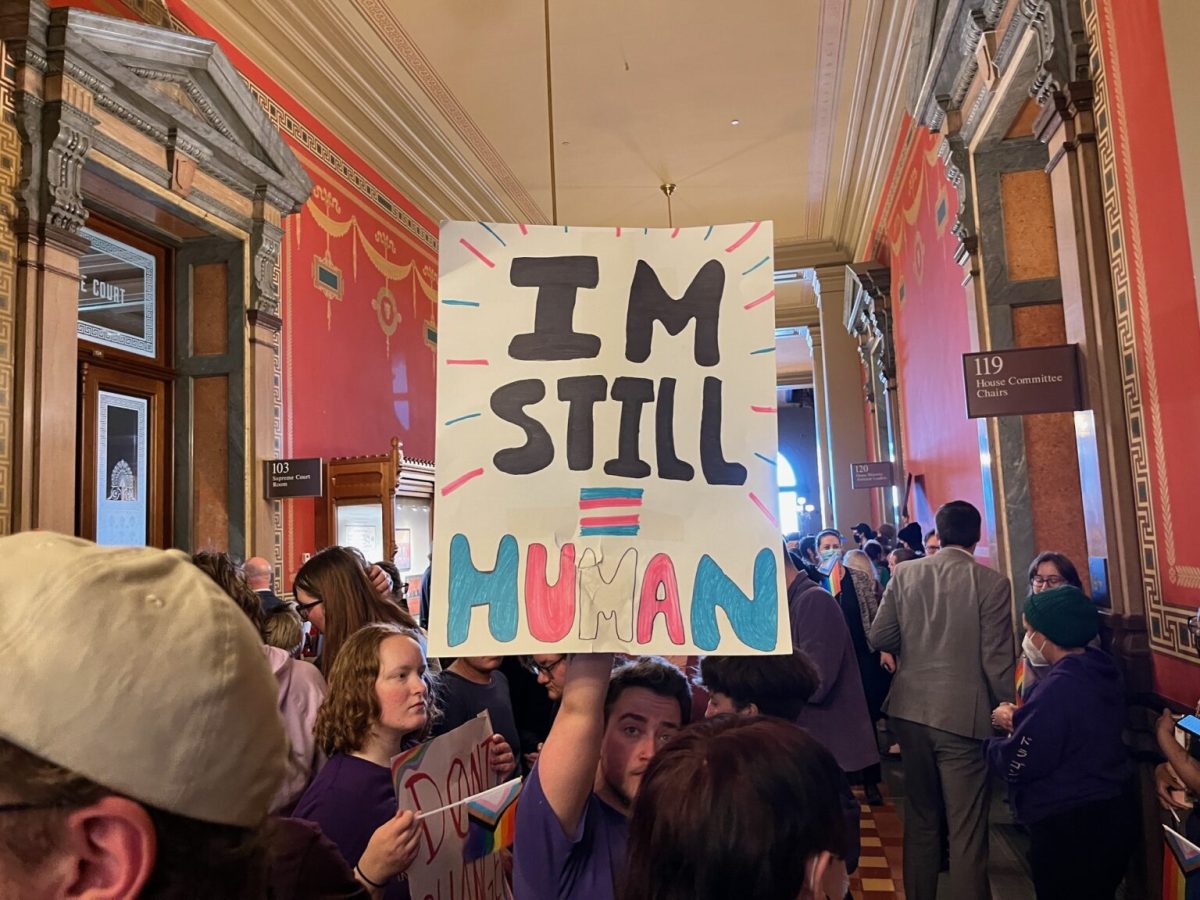United Methodist Church Judicial Council rules parts of Traditional Plan constitutional
April 26, 2019
The Judicial Council of the United Methodist Church has ruled some petitions of the Traditional Plan remain unconstitutional, while the remaining provisions are valid as church law.
A special session of the General Conference of the United Methodist Church met on Feb. 23-26 in St. Louis and passed a traditional plan which affirms the current policies of the church which do not allow same-sex weddings or the ordination of LGBTQ people.
The Judicial Council met this week and released its final decision on April 25.
“In summary, approximately 60% of the Traditional Plan was ruled constitutional, which means that legislation regarding ordination of LGBTQ persons and strengthened penalties for clergy who perform same-sex weddings will take effect January 1, 2020,” said President Jay Simmons and Chaplain Mara Bailey in an all-campus email.
The plan was comprised of a series of petitions, and the General Conference asked the Judicial Council to review the petitions as a whole, rather than separate petitions.
The council reviewed the plan for constitutionality under a severability test, which requires that the council identify the unconstitutional provisions in question, declare them null and void, and determine if the provisions can be separated from the rest.
“Unless it is evident that the General Conference would not have enacted those provisions that are within its legislative powers without those that are not, the invalid parts can be separated if what is left is not inextricably linked and can function independently,” the decision said.
The council ruled that one petition does not affect the others as they were separately numbered and dealt with different parts of the Book of Discipline. The petitions were not closely related and the constitutional petitions could stand alone, without the unconstitutional petitions, according to the decision.
At the General Conference, several petitions of the Traditional Plan were ruled unconstitutional and sent to be reviewed by the church’s Judicial Council.
The Judicial Council reviewed the Traditional Plan and an exit plan for churches who wish to disaffiliate from the United Methodist Church.
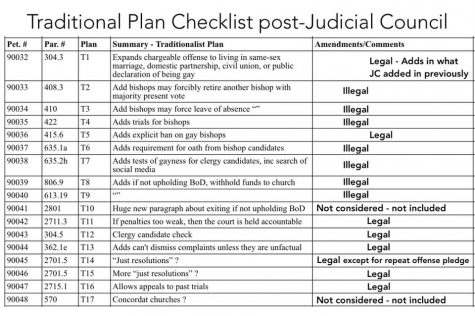
“For the Traditional Plan, this was the plan that increased penalties against clergy who would preside over a same-sex wedding, more responsibility for bishops to deal with complaints that get raised,” Bailey said in an interview with The Simpsonian.
Bishops deal with complaints that are filed against clergy members who preside over a same-sex wedding or if a clergy member is LGBTQ. Bishops will not be able to these dismiss complaints unless the complaint has no basis in law or fact, according to the Rev. Katie Dawson, a Des Moines-area pastor and voting member at the General Conference.
The plan adds minimum penalties to clergy who preside over a same-sex wedding, which includes a one-year suspension without pay for the first offense and the loss of credentials for the second offense.
The Board of Ordained Ministry, which approves and recommends candidates for ordination, will not be allowed to approve or recommend “someone who does not meet the qualifications for ordained ministry (which include being a self-avowed practicing homosexual). The bishop shall rule unqualified candidates out of order,” Dawson wrote in a blog post after the General Conference.
The exit plan would allow a church to disaffiliate from the United Methodist Church over matters of human sexuality.
“For the exit plan, it basically provides a more clear path for a church who does want to disaffiliate from the church. However, there are some financial responsibilities that have to be fulfilled and the annual conferences have to approve by a simple majority of churches disaffiliation,” Bailey said in an interview with The Simpsonian.
The Judicial Council previously ruled some petitions constitutional and unconstitutional. The council did not change its ruling for the third review.
“The petitions held unconstitutional have no effect on the petitions declared constitutional. The constitutional petitions are not dependent on the unconstitutional petitions and can survive without the unconstitutional petitions,” the decision said.
The unconstitutional petitions are null and void.
The Traditional Plan will take effect in the U.S. on Jan. 1, 2020. The Central Conferences in Africa, Europe and the Philippines will have one year after the General Conference in May 2020 to adopt these changes.
The church is in no rush to make decisions or enact changes.
“I think this drives the stake into the ground further about that. I mean, again, there’s no sense of immediacy from the church or anything like that, that says you have to decide whether you’re going to still be connected or not. But we as a college still have the right to decide whether this relationship makes sense in its current fashion,” Bailey said.
The decision leaves the college to decide whether to keep its affiliation with the church as the school remains committed to the values set by the Board-endorsed diversity and inclusion policy, Simmons said in an email to The Simpsonian.
“Knowing that these decisions of the church are not in line with our campus values, Simpson College will continue to discern how these changes in church policy affect our relationship with the denomination,” Simmons said in the all-campus email.



